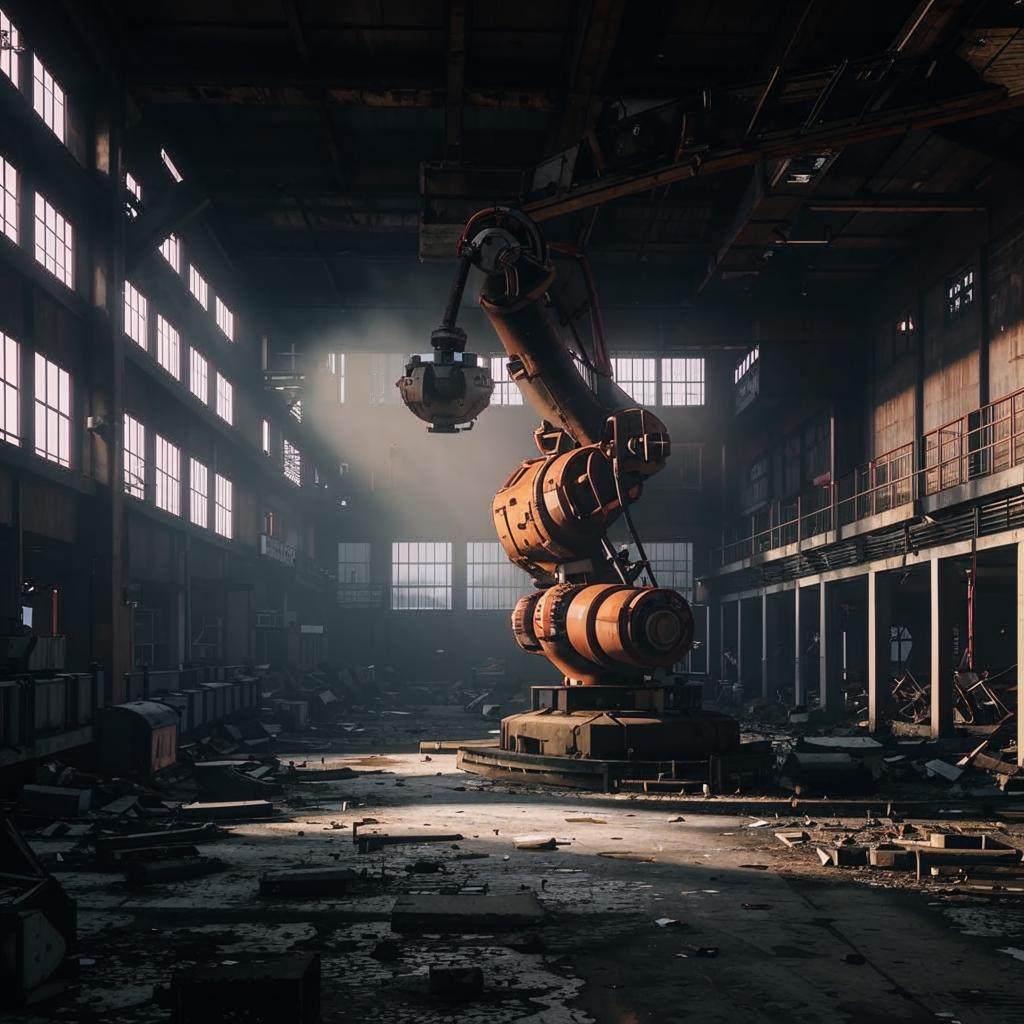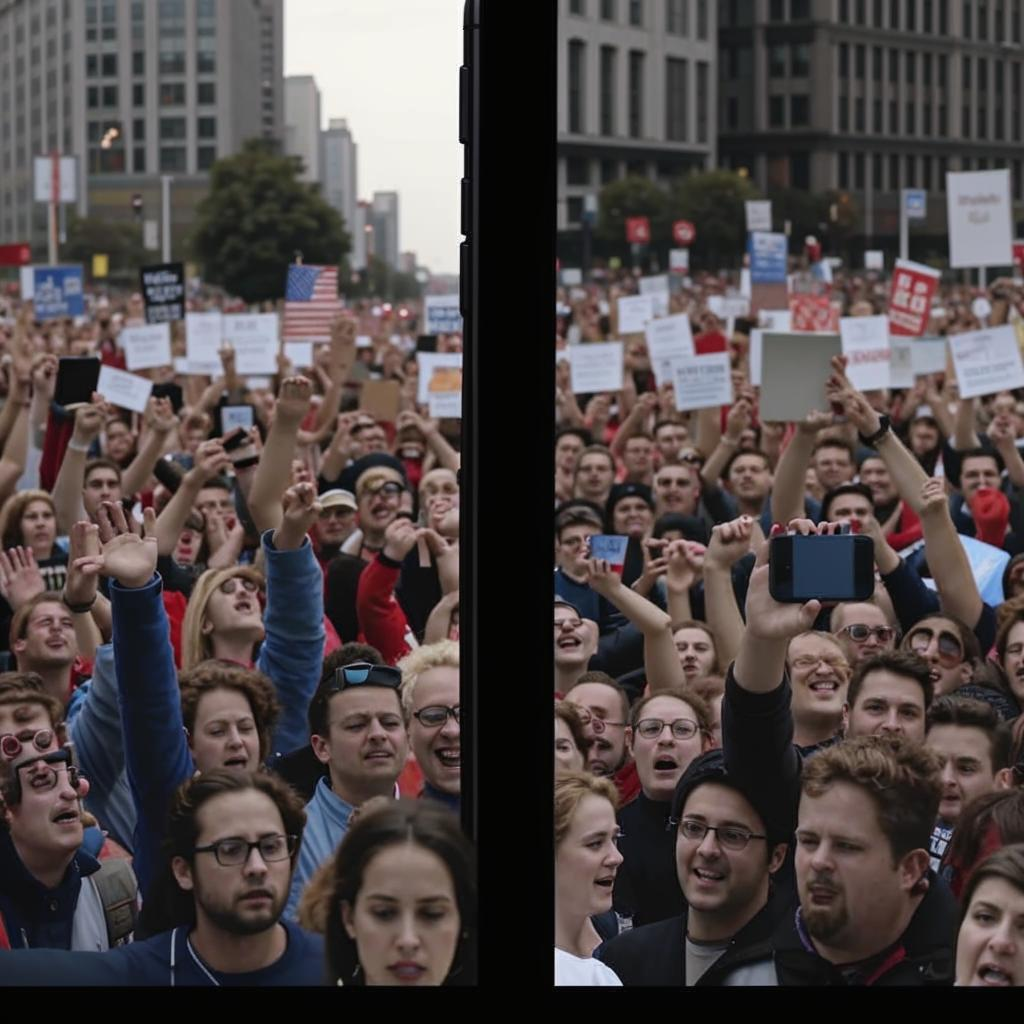The manufacturing sector is facing a growing skills gap, posing a significant threat to economic growth, and this is just one facet of the broader skills shortage challenge that companies are battling across various industries. Despite increased demand and available positions, employers are struggling to find candidates with the necessary qualifications and expertise to fill critical roles. This shortage spans both technical and soft skills, impacting productivity, innovation, and overall competitiveness.
Several factors contribute to this widening gap. An aging workforce is retiring, taking years of institutional knowledge with them. Technological advancements are rapidly changing job requirements, demanding new skills that existing workers may not possess. The education system and training programs are often not keeping pace with these evolving industry needs, leading to a mismatch between available talent and employer expectations.
To address this challenge, companies are implementing various strategies, including investing in employee training and development programs, partnering with educational institutions to align curricula with industry demands, and exploring alternative talent pools, such as veterans or individuals from underrepresented groups. Governments are also playing a role by offering grants and incentives to support skills development initiatives. Overcoming the skills shortage requires a collaborative effort from businesses, educational institutions, and government to ensure that the workforce is equipped with the skills needed to thrive in the modern economy. Without immediate action, the skills gap is only set to widen, threatening economic growth and stalling productivity.















